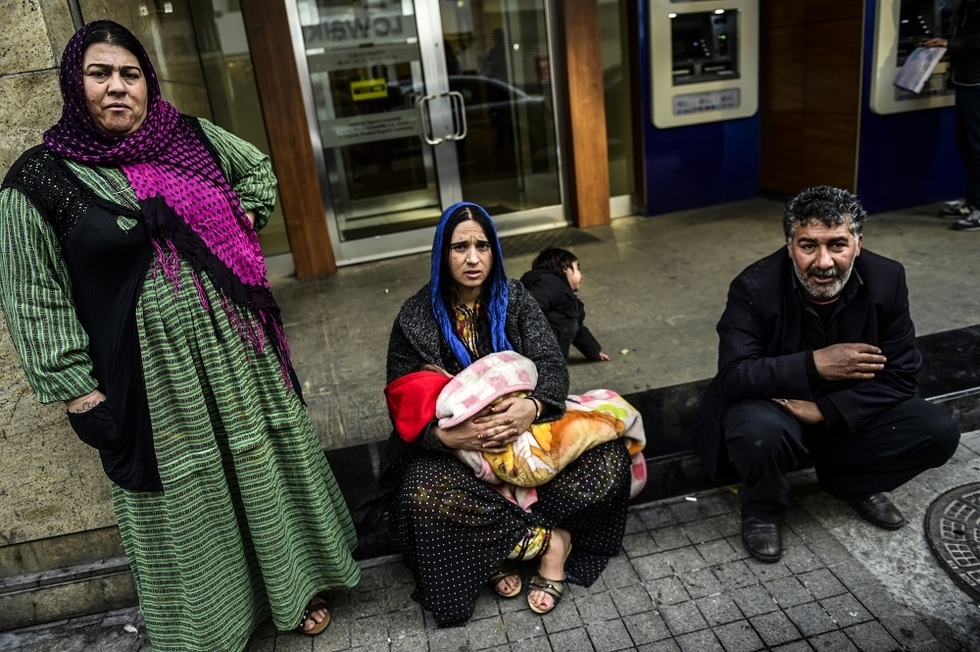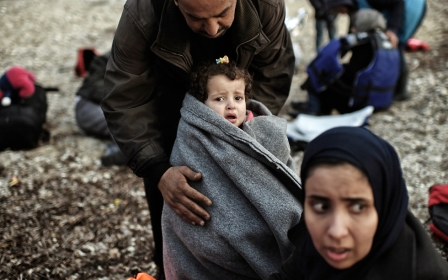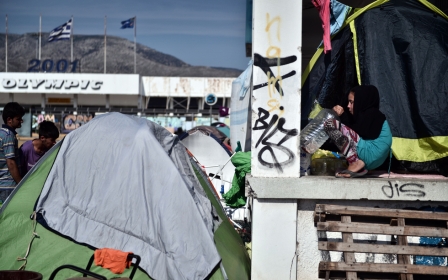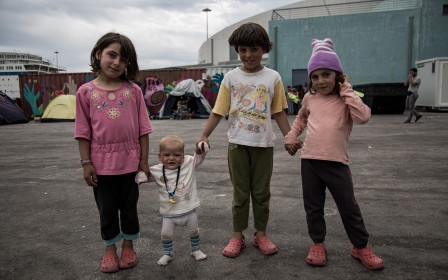Landmark case rules against forced return of Syrian refugee to Turkey

In a landmark case, an independent appeals tribunal in Greece ruled against returning a Syrian refugee to Turkey, creating a potential precedent for thousands of people.
According to a report published by the Guardian, the three-person appeals tribunal based in Lesbos decided in a two-to-one verdict that Turkey does not uphold international treaties bestowing human rights on Syrian refugees, resulting in the overturn of the defendant's forced deportation.
Though the defendant's identity was not revealed, the Guardian report said he was one of the first Syrian refugees to be deported after the signing of a controversial EU-Turkey accord on 18 March. About 400 migrants have been returned to Turkey under the deal.
“The committee has judged that the temporary protection which could be offered by Turkey to the applicant, as a Syrian citizen, does not offer him rights equivalent to those required by the Geneva convention,” the tribunal wrote in its verdict.
The verdict contrasts sharply with the recent EU-Turkey accord, which agreed to send Syrian refugees in Europe back to Turkey in exchange for the country's expedited EU membership.
Deputy European director Gauri van Gulik at Amnesty International highlighted the plight the Syrian refugees after the verdict.
“This decision goes to the heart of why the EU-Turkey deal was so deeply flawed to begin with,” he said.
“Turkey is not safe for refugees, it does not offer them full protection, and assurances on paper are simply not good enough. We’ve seen the reality on the ground: Until Turkey ends all violations against refugees and guarantees them full protection, nobody else should be sent back under this deal. Instead, Europe should focus on its part of the deal by accepting refugees for resettlement from Turkey. It should also urgently improve conditions for refugees in Greece,” he said.
More than 184,000 migrants have arrived in Europe by sea already this year, up from nearly 49,000 for the same four-month period last year.
The EU-Turkey deal stipulates that anyone arriving illegally in Greece after 20 March will be sent back to Turkey if their asylum application is rejected, or if they fail to apply.
The EU has said people found to be “requiring international protection” would be accepted if they applied for asylum through official channels.
In exchange for every person returned, the EU is bound to resettle one Syrian refugee stuck in camps across Turkey. Priority is to be given to those who have not previously tried to enter the EU illegally.
The EU has said the deal is aimed at slowing the uncontrolled, dangerous and deadly journeys people have attempted to reach the European mainland.
A statement from the EU called the deal "a temporary and extraordinary measure which is necessary to end the human suffering and restore public order".
New MEE newsletter: Jerusalem Dispatch
Sign up to get the latest insights and analysis on Israel-Palestine, alongside Turkey Unpacked and other MEE newsletters
Middle East Eye delivers independent and unrivalled coverage and analysis of the Middle East, North Africa and beyond. To learn more about republishing this content and the associated fees, please fill out this form. More about MEE can be found here.




